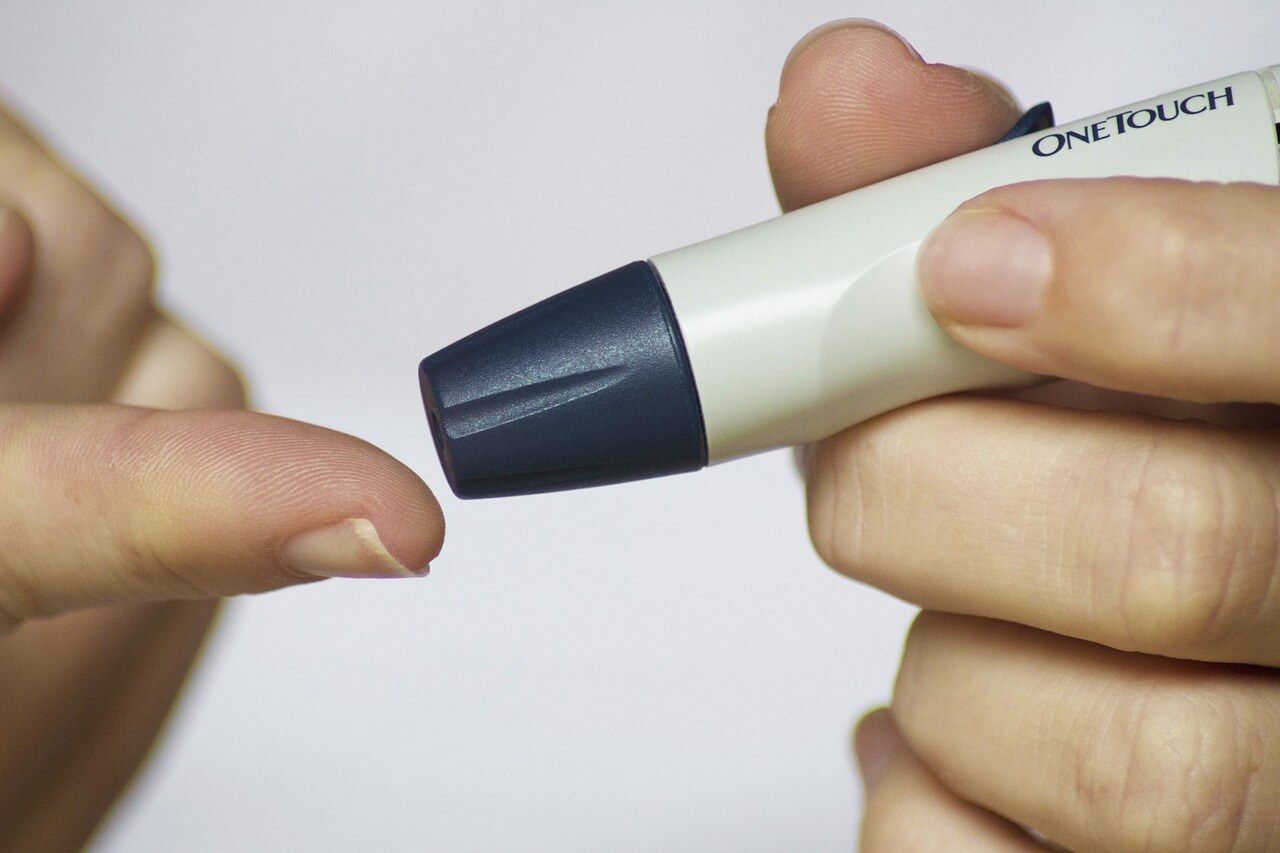Diabetes is a chronic condition that affects millions of people worldwide. It occurs when the body is unable to produce or effectively use insulin, a hormone responsible for regulating blood sugar levels. Learning how to manage diabetes is essential for maintaining a good quality of life and minimizing the risk of complications. In this comprehensive guide, we will discuss the best ways to manage diabetes, including dietary modifications, exercise, stress management, and more.
1. Understand Your Type of Diabetes
Before you can effectively manage diabetes, it is crucial to understand the type of diabetes you have. There are two primary types of diabetes: Type 1 and Type 2.
Type 1 Diabetes
Type 1 diabetes is an autoimmune condition where the immune system mistakenly attacks and destroys the insulin-producing cells in the pancreas. People with Type 1 diabetes must take insulin injections or use an insulin pump to manage their blood sugar levels.
Type 2 Diabetes
Type 2 diabetes is the most common form of diabetes. It is a metabolic disorder characterized by insulin resistance, meaning the body cannot effectively use the insulin it produces. Type 2 diabetes can often be managed through lifestyle changes, oral medications, and sometimes insulin injections.
Understanding your type of diabetes will help you create a personalized plan to manage your condition effectively.
2. Monitor Blood Sugar Levels Regularly
One of the essential steps in managing diabetes is to monitor your blood sugar levels regularly. This will help you determine how well your treatment plan is working and make adjustments as needed. You can use a glucometer, a portable blood glucose meter, to check your blood sugar levels at home.
It’s crucial to maintain a log of your blood sugar readings and share this information with your healthcare team. They can help you make any necessary adjustments to your medications, diet, or exercise routine.
How to manage diabetes with blood sugar monitoring:
- Check your blood sugar levels at least once a day, or as recommended by your healthcare team.
- Keep a log of your blood sugar readings, noting the time, date, and any factors that may have influenced the reading (e.g., exercise, stress, or illness).
- Share your blood sugar log with your healthcare team during regular appointments or as needed.
3. Adopt a Balanced Diet
Diet plays a significant role in managing diabetes. A balanced diet can help you maintain healthy blood sugar levels, lose weight if necessary, and reduce the risk of diabetes-related complications.
Carbohydrate Management
Carbohydrates have the most significant impact on blood sugar levels, as they are broken down into glucose during digestion. It is essential to monitor your carbohydrate intake and choose healthier sources of carbs, such as whole grains, fruits, vegetables, and legumes.
Best way to manage diabetes with carbohydrate management:
- Focus on whole, unprocessed carbohydrates.
- Count carbohydrates to ensure proper portion sizes.
- Choose low-glycemic index (GI) foods to minimize blood sugar spikes.
Protein and Healthy Fats
Incorporating protein and healthy fats into your diet can help you feel full and satisfied, which can aid in weight management. They also have a minimal impact on blood sugar levels.
How to manage diabetes with protein and healthy fats:
- Include lean sources of protein in your meals, such as chicken, turkey, fish, tofu, and legumes.
- Opt for healthy fats like nuts, seeds, avocado, and olive oil.
- Limit saturated and trans fats, which can increase the risk of heart disease.
4. Exercise Regularly
Regular physical activity is crucial for managing diabetes, as it can help improve insulin sensitivity, lower blood sugar levels, and maintain a healthy weight.
Best way to manage diabetes with exercise:
- Aim for at least 150 minutes of moderate-intensity aerobic exercise per week, such as brisk walking, swimming, or cycling.
- Include strength training exercises, like weightlifting or bodyweight exercises, at least twice a week.
- Consult your healthcare team before starting a new exercise program, and monitor your blood sugar levels before and after exercise to ensure safe and effective workouts.
5. Maintain a Healthy Weight
Weight management is an essential aspect of diabetes management, as excess weight can contribute to insulin resistance and increase the risk of complications.
How to manage diabetes through weight management:
- Determine your healthy weight range with the help of your healthcare team.
- Create a balanced meal plan that incorporates portion control and prioritizes nutrient-dense foods.
- Engage in regular physical activity to help maintain or achieve a healthy weight.
6. Stay Hydrated
Drinking sufficient water is vital for overall health and can help manage diabetes by promoting proper kidney function and preventing dehydration.
Best way to manage diabetes with hydration:
- Aim for at least eight 8-ounce glasses of water per day, or as recommended by your healthcare team.
- Choose water or zero-calorie beverages over sugar-sweetened drinks, which can raise blood sugar levels and contribute to weight gain.
7. Prioritize Sleep
Adequate sleep is crucial for overall health and can help manage diabetes by promoting proper hormone regulation and reducing stress.
How to manage diabetes through sleep:
- Aim for at least 7-8 hours of quality sleep per night.
- Establish a consistent sleep schedule and create a relaxing bedtime routine.
- Minimize screen time before bed and create a sleep-friendly environment.
8. Manage Stress
Stress can negatively affect blood sugar levels, making it essential to implement stress management techniques to manage diabetes effectively.
Best way to manage diabetes through stress management:
- Practice relaxation techniques, such as deep breathing, meditation, or yoga.
- Engage in regular physical activity, which can help reduce stress.
- Seek support from friends, family, or a professional counselor to help manage stress.
9. Take Medications as Prescribed
If you are prescribed medications to manage diabetes, it is crucial to take them as directed by your healthcare team. This can help maintain healthy blood sugar levels and reduce the risk of complications.
How to manage diabetes with medications:
- Follow your healthcare team’s instructions for taking your medications.
- Keep a log of when you take your medications and any side effects you experience.
- Discuss any concerns or questions about your medications with your healthcare team.
10. Stay Informed and Communicate with Your Healthcare Team
Education is crucial for managing diabetes effectively. Stay informed about the latest research and treatment options, and maintain open communication with your healthcare team.
Best way to manage diabetes through education and communication:
- Attend diabetes education classes or support groups to learn more about managing your condition.
- Keep up-to-date with the latest research and treatment options.
- Communicate regularly with your healthcare team and share any concerns or questions you may have.
In conclusion, managing diabetes requires a comprehensive approach that includes monitoring blood sugar levels, making healthy lifestyle choices, and working closely with your healthcare team. By implementing these strategies, you can effectively manage your diabetes and enjoy a healthier, more fulfilling life.










